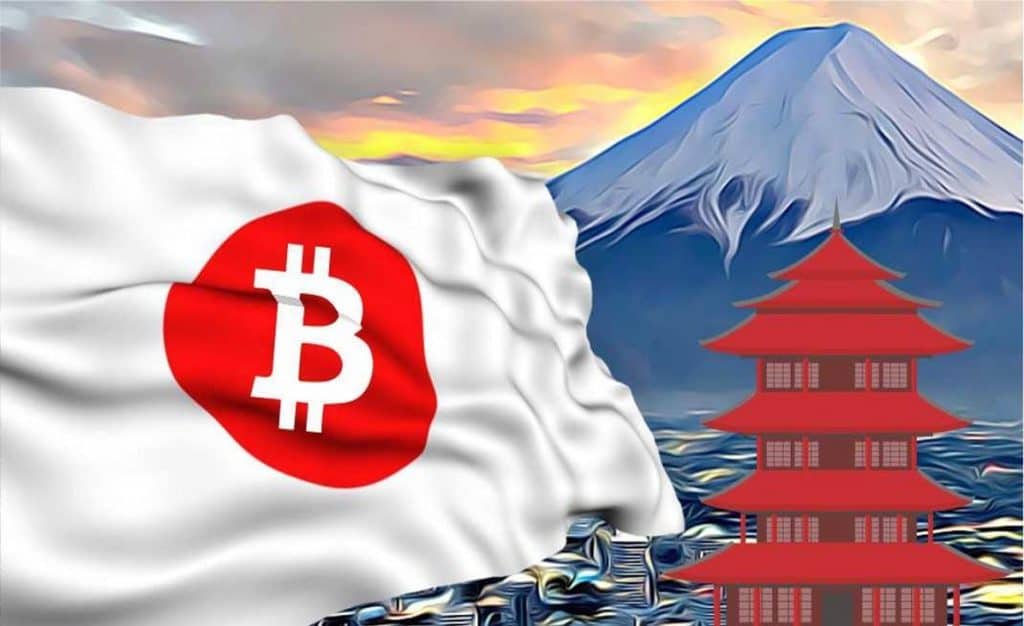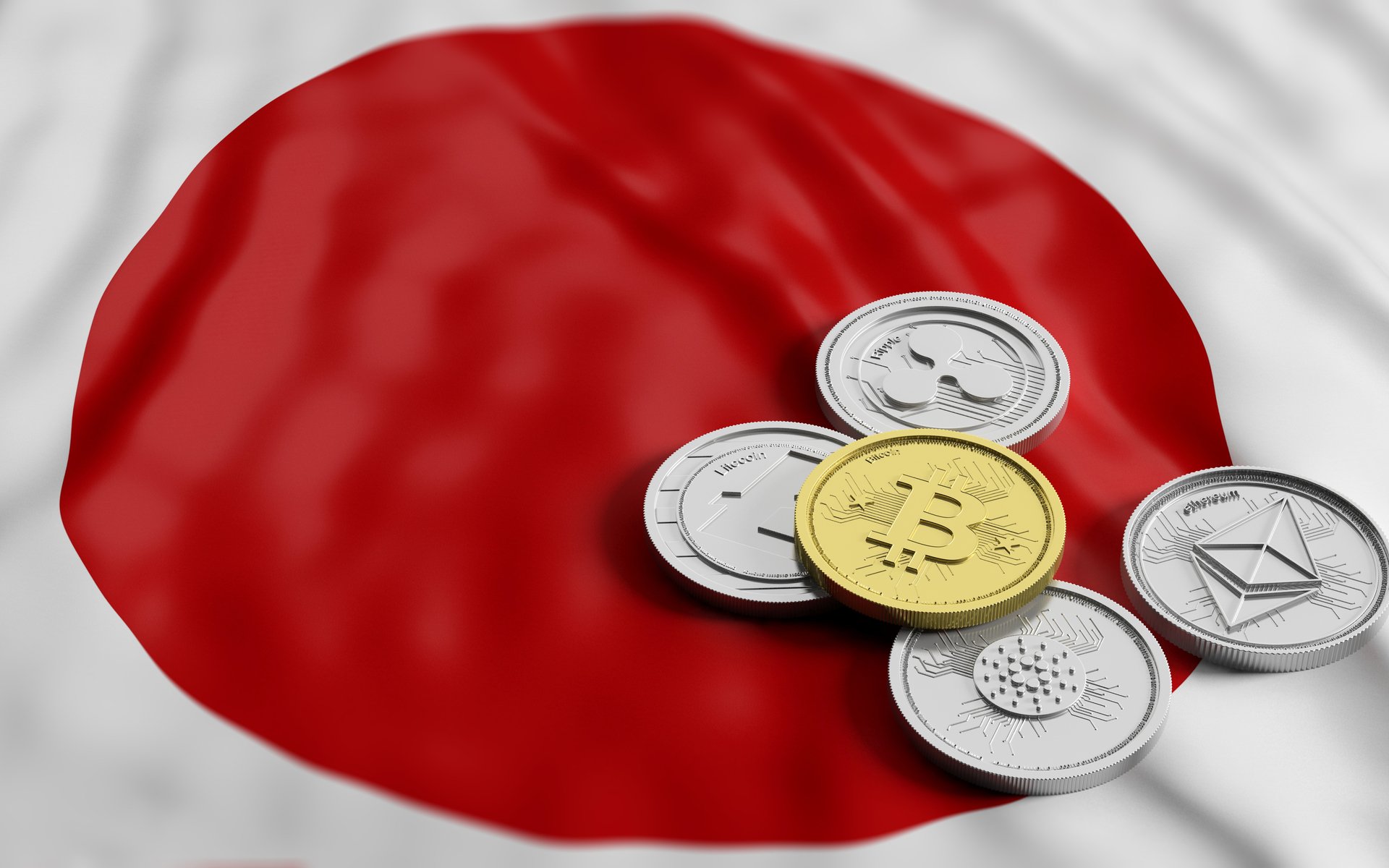The ruling Liberal Democratic Party’s Web3 project team publishes white paper to create a crypto-friendly environment and foster technology growth – Japan’s Bold Web3 Strategy
As part of Prime Minister Fumio Kishida’s “Cool Japan” strategy, the Liberal Democratic Party’s Web3 project team has released a white paper outlining recommendations to strengthen the crypto industry in Japan. The document emphasizes creating a friendly environment for crypto businesses and promoting responsible innovation, setting Japan apart from other nations focusing solely on consumer protection regulations. Read more about Japan’s Bold Web3 Strategy below.

I. Bypassing Bureaucracy to Foster Innovation – Japan Web3 Whitepaper
The Web3 project team aims to streamline regulatory proposals related to NFTs, decentralized autonomous organizations (DAOs), and other Web3 technologies. This approach seeks to minimize bureaucratic red tape and promote innovation in the Japanese crypto industry.
II. Shifting from Early Adopters to Mass Adoption
Akihisa Shiozaki, the Web3 project team’s secretary-general, believes that mass adoption is the future of the cryptocurrency industry. Major Japanese corporations, such as mobile phone operator NTT Docomo and large financial institutions, are beginning to invest in Web3 infrastructure and stablecoin issuance.

III. Tax Regulation and Accounting Standards
The white paper suggests further changes to tax regulations, including tax exemptions for companies holding tokens issued by others for long-term purposes. It also proposes allowing self-assessments for investors to carry over losses for three years and taxing crypto assets only when exchanged for fiat currency. Addressing the urgent need for accounting standards, the document recommends that ministries and agencies support the Japanese Institute of Certified Public Accountants in formulating guidelines.
IV. DAO Law and Regulatory Changes
The white paper advises establishing a DAO law based on Japan’s godo kaisha (a type of business similar to a limited liability company). Additionally, it suggests modifying regulations under the Companies Act and the Financial Instruments and Exchange Act to accommodate the growing Web3 industry.
V. Stablecoin Regulation and Development
Japan’s white paper emphasizes the importance of creating a registration process for stablecoins and establishing a self-regulatory organization. It also highlights the potential of yen-backed stablecoin proposals to further strengthen the country’s crypto market.
VI. NFT Guidelines and Collaboration – Japan’s Bold Web3 Strategy
The document proposes public-private partnerships to set guidelines for legal business models for fantasy sports services and NFT rights. It also encourages collaboration between the public and private sectors to address data and licensing issues related to non-fungible tokens.
VII. Establishing a Web3 Minister and Expanding Crypto Visa Programs
The white paper recommends appointing a Web3 minister to oversee policy promotion and international cooperation. Furthermore, it suggests expanding the startup visa system and issuing crypto visas to skilled workers to attract global talent.

Conclusion:
Japan’s Web3 white paper demonstrates the country’s commitment to fostering innovation and creating a crypto-friendly environment. By streamlining regulations and promoting cooperation between public and private sectors, Japan aims to become a leading force in the global Web3 industry, securing its position as a technology powerhouse.
